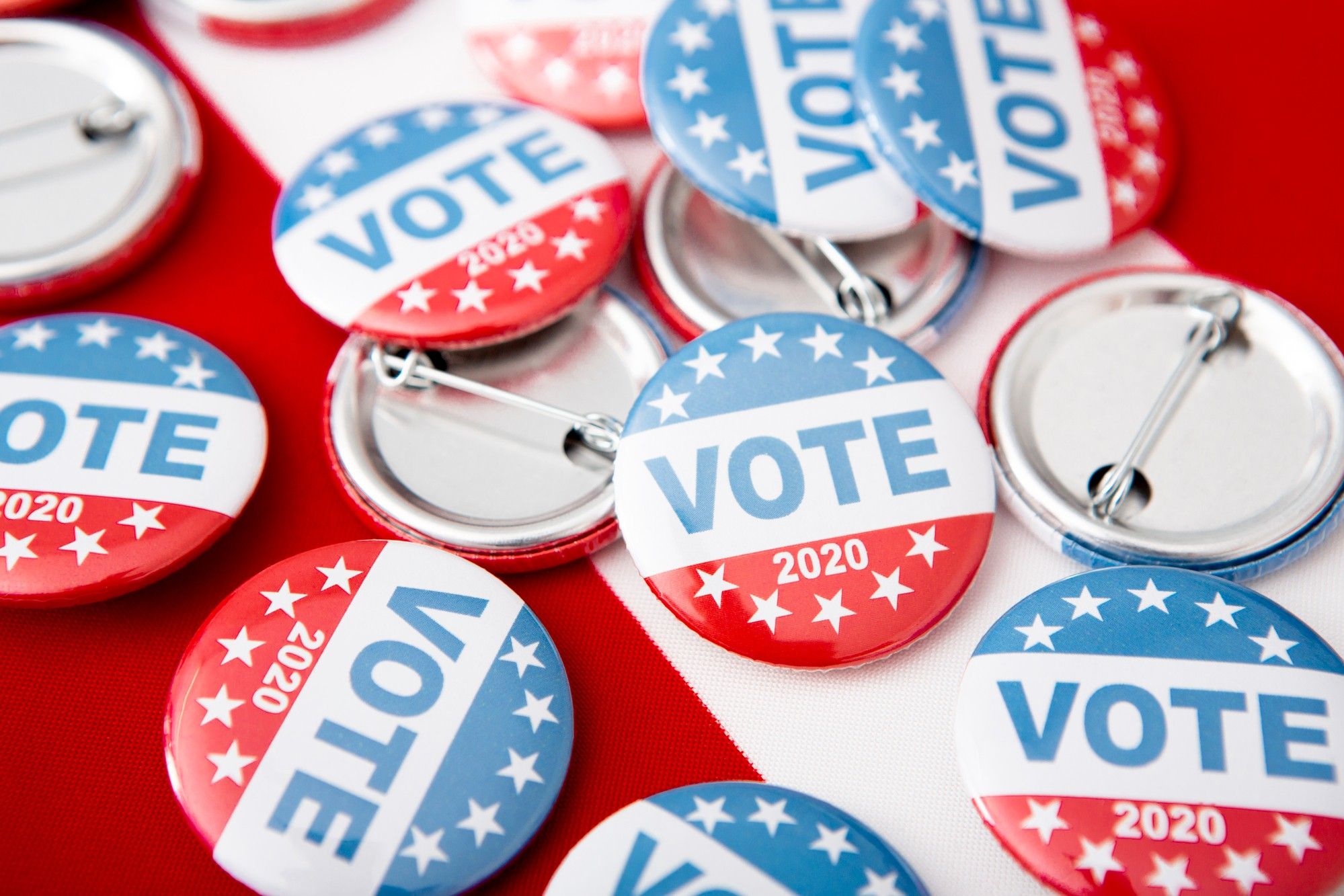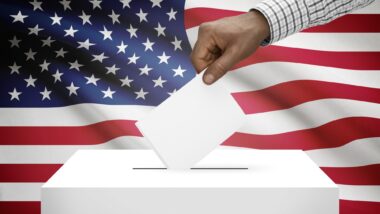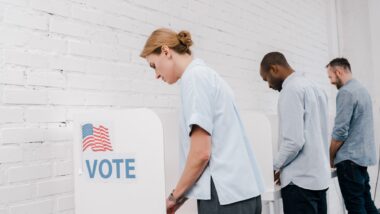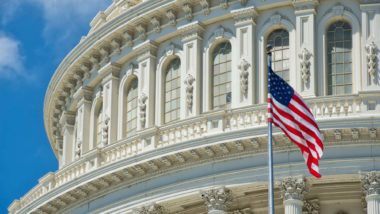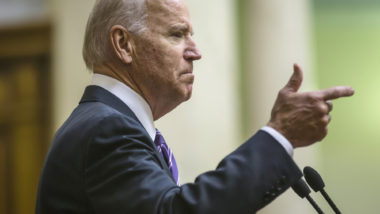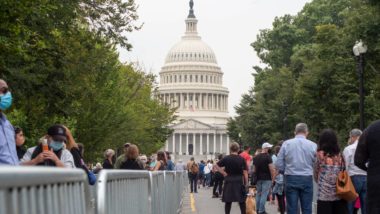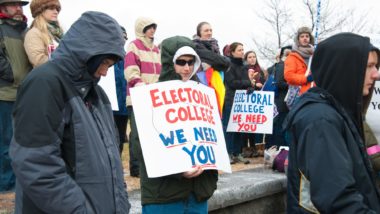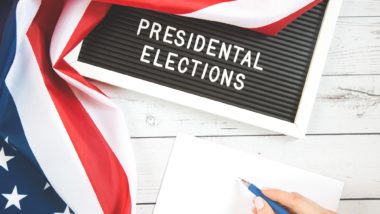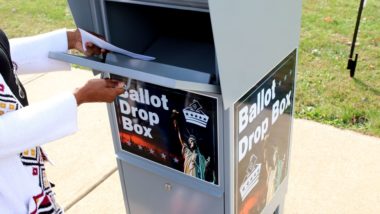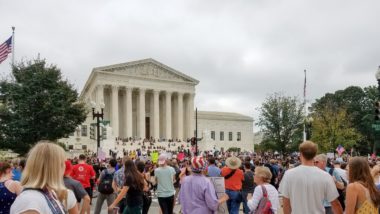Top Class Actions’s website and social media posts use affiliate links. If you make a purchase using such links, we may receive a commission, but it will not result in any additional charges to you. Please review our Affiliate Link Disclosure for more information.
With early voting already underway for the 2020 U.S. presidential election, six plaintiffs and advocacy group Equally American Legal Defense and Education Fund have filed a lawsuit alleging former Hawaii residents are not eligible to vote by absentee ballot if they now live in certain countries.
The plaintiffs allege former Hawaii residents are allowed to continue voting in Hawaii via absentee ballot in the U.S. presidential election and in U.S. Senate and House of Representatives races if they live in the Northern Mariana Islands (NMI), “certain other insular territories” or in foreign countries. However, they are not allowed to do so if they reside in Guam, the U.S. Virgin Islands, American Samoa or Puerto Rico.
Lead plaintiff Randall Jay Reeves and the others claim this “disparate treatment” violates voters’ rights to equal protection as guaranteed by the U.S. Constitution.
According to the lawsuit, the Uniformed and Overseas Citizens Absentee Voting Act (UMOVA) and Hawaii law “single out a narrow group of former state residents for disfavored treatment,” which leads to discrimination.
The plaintiffs point out that U.S. citizens living in the territories have a tradition of military service, pay federal taxes, and are subject to the federal criminal code, yet are disenfranchised and cannot vote in the U.S. presidential election or on other issues.
“Indeed, even if they resided in Antarctica — or left Earth entirely to work at the International Space Station — they would still be permitted to vote for President and voting members of Congress in federal elections,” the lawsuit states.
The Hawaii absentee ballot lawsuit claims the problem lies within the wording of the UMOVA, which says citizens “living outside the United States” can vote via absentee ballot as residents of Hawaii, but defines “‘United States, when used in the territorial sense, as ‘the several states, the District of Columbia, Puerto Rico, the United States Virgin Islands, and any territory or insular possession subject to the jurisdiction of the United States.’”
When strictly read, the lawsuit argues, the UMOVA “does not grant enfranchisement to former state residents who move to any Territory.”
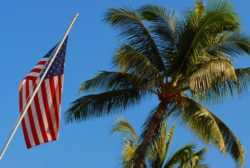
In addition, the plaintiffs say, certain aspects of Hawaii law grant broader rights than the UOCAVA does to certain nonterritorial residents. Specifically, state statute grants voter rights under the UMOVA to U.S. citizens who were born outside of and have never lived in the United States, or have registered to vote in any other state, if their parent or guardian last lived in Hawaii before moving overseas.
“This means that even United States citizens who have never lived in the United States are eligible to vote in Hawaiian federal elections, yet Hawaii state residents instantly lose their right to vote for President if they move to Guam, the U.S. Virgin Islands, American Samoa, or Puerto Rico,” the lawsuit says.
“Thus, under Hawaii law, former residents of Hawaii (and non-Hawaiian-born children of such former residents) living in a foreign country, or in the NMI — but not other U.S. Territories overseas — may vote in Hawaii by absentee ballot for President and voting representation in the U.S. House and Senate.”
According to Honolulu Civil Beat, the Hawaii absentee ballot lawsuit is not likely to be resolved before the U.S. presidential election on Nov. 3; a scheduling conference has been scheduled for Dec. 7.
“The next Congress may have an historic opportunity to finally address the denial of voting rights to the nearly 4 million U.S. citizens who live in territories,” Equally American president Neil Weare told the Minneapolis Star Tribune.
Reeves and the other plaintiffs seek an order declaring that the Hawaii law in question violates the Fifth and 14th amendments; preliminary and permanent orders for the defendants to accept applications for absentee ballots from the plaintiffs in future federal elections; an award of fees and costs; and any other relief deemed appropriate by the Court.
Do you think U.S. citizens living in U.S. territories should be allowed to vote by absentee ballot in the U.S. presidential election and other races? Let us know in the comments.
The plaintiffs are represented by Anthony “T.J.” Quan of the QK Group LLLC; Geoffrey M. Wyatt, Nicole M. Cleminshaw, Andrew C. Hanson, Zachary W. Martin, Vanessa Williams of the Law Office of Vanessa Williams PC and Pamela Colon of the Law Offices of Pamela Lynn Colon LLC.
The Hawaii Absentee Ballot Lawsuit is Randall Jay Reeves, et al. v. Scott Nago, et al., Case No. 1:20-cv-00433, in the U.S. District Court for the District of Hawaii.
Read About More Class Action Lawsuits & Class Action Settlements:
Judicial Watch Sues to Force Purge of Colorado Voter Rolls
Trump Tests Positive for COVID-19 as Worldwide Death Toll Passes 1M Mark
Noom Website Trackers Breach California Privacy Law, Class Action Lawsuit Claims

